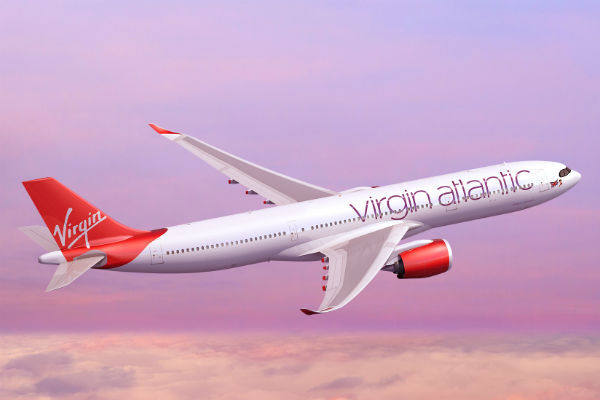You are viewing 1 of your 2 free articles
Loveholidays adverts ‘misled’ customers with price discount claims, watchdog rules
Loveholidays has been censured for making misleading price claims in two listings on its website.
The advertising watchdog banned the OTA’s adverts from appearing again after consumers complained that discounted prices of trips to New York and Tenerife had increased from the rates publicised.
The price for a hotel and flights to New York was advertised in March as being reduced from £1,090 to £749 per person and another to Tenerife down from £1,119 to £699pp.
But when the holidays in adverts came to be booked the prices had risen.
Upholding the complaints, the ASA “considered that, in the absence of any qualifications, consumers would understand the price claims in both ads to mean those prices were available at the time they viewed the ad, and that amount was the price they would pay per person to book that holiday.
"This impression was reinforced by the crossed-out reference price featured in each ad, which suggested that the advertised price was a static offer that represented a price saving compared to the normal cost of the holiday.
“However, we understood that when the complainants attempted to book the respective holidays online, the price of the holidays increased.
"They were informed this was due to live pricing, which was subject to change. We further understood that despite the price increase, the holidays continued to be advertised on the loveholidays website at the original lower price after the complainants attempted to book them.”
The ASA added: “We understood that loveholidays believed a delay in their website’s system may have prevented the prices seen in ads from being updated after a higher price had been quoted to the complainants.
"Nevertheless, they were responsible for taking reasonable steps to ensure their stated prices were genuine and did not mislead.
"Because the holidays could not be booked for the prices advertised, and those lower prices continued to be advertised after the price had increased, we concluded that the ads were misleading.”
Banning the adverts, the ASA said: “We told loveholidays to ensure that advertised prices were based on genuine prices available to consumers.
"We also told them to take steps to reduce the likelihood of consumers being misled, for example, by describing prices that were subject to change as ‘from’ prices and stating when those prices were last updated.”
Loveholidays told the ASA that it was “taking steps” to prevent similar issues from occurring in future.
That included improving the speed and accuracy of price updates on its website, working with third-party suppliers to reduce the time it took for loveholidays to be notified of price changes, and reviewing advertising practices to ensure that pricing information was presented clearly and accurately.
The company noted that the vast majority of its prices did not change and were available to book at the price quoted.
The website searched over 42,000 hotels and 99% of all UK flights, resulting in billions of possible holiday combinations.
Flight data on the website was updated continuously throughout the day, and accommodation data was updated three times a day.
In that context, loveholidays “believed they had reasonable systems in place to ensure the prices displayed on their website were as accurate as possible when considering the dynamic nature of the travel industry and their use of third-party suppliers”.
However, the OTA acknowledged that it was reliant on third-party advertisers for flight and hotel pricing, which could change rapidly.
Loveholidays believed a delay in its system in updating accommodation information may have caused the New York holiday to have been advertised at the incorrect price.
The lower price for the Tenerife trip continued to be displayed after the complainant had made their booking due to “a delay in the website’s system updating the supplier’s new pricing”.


















